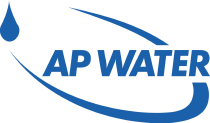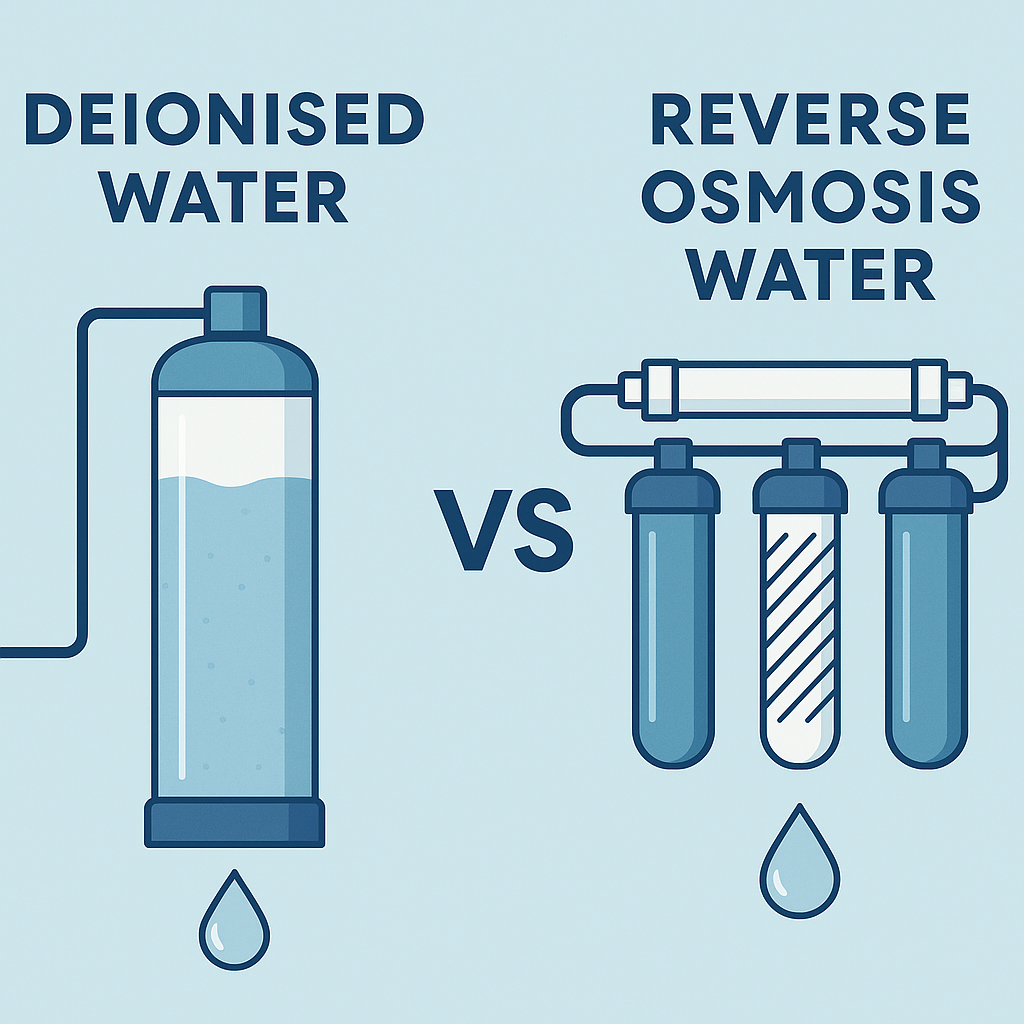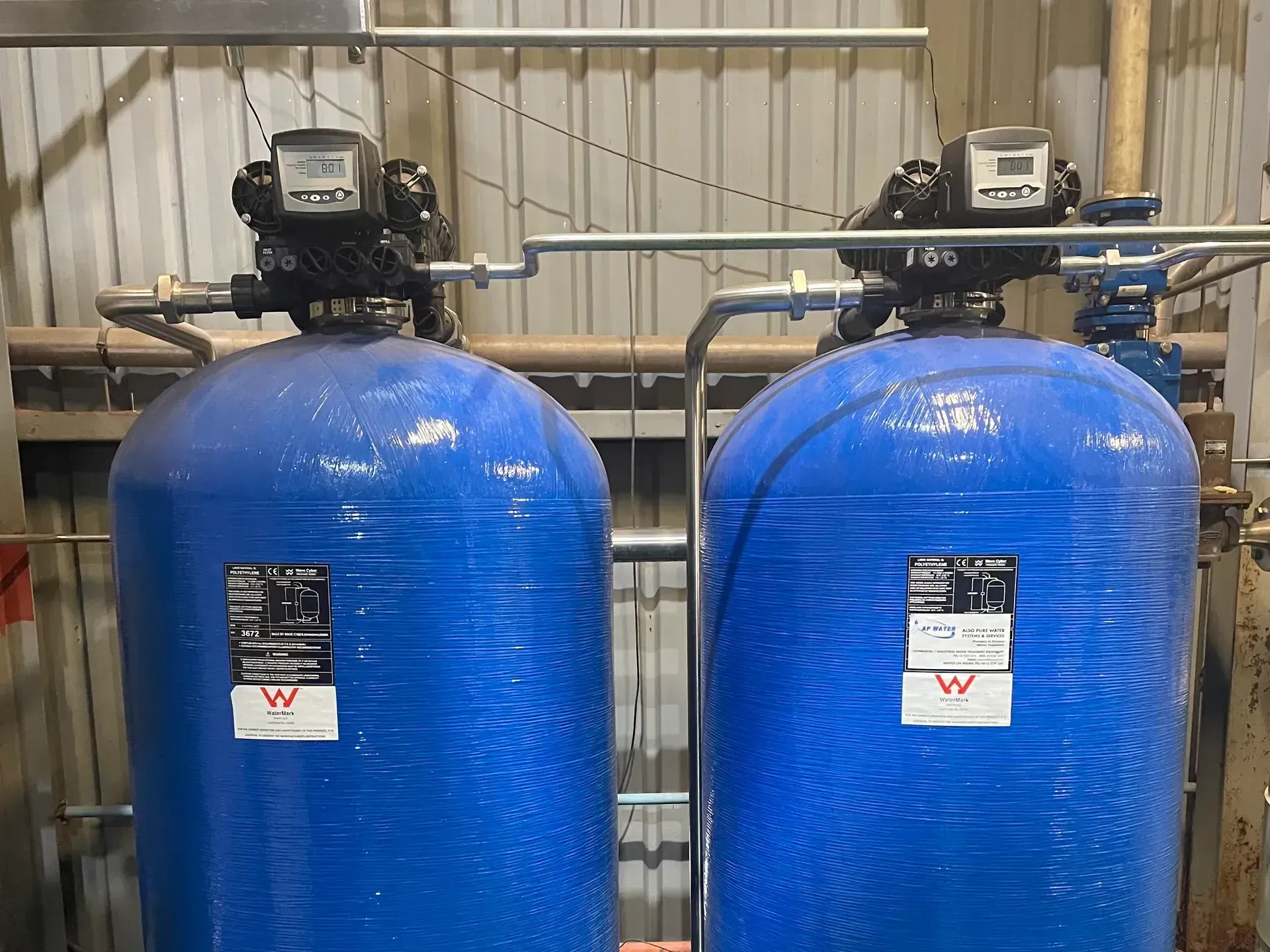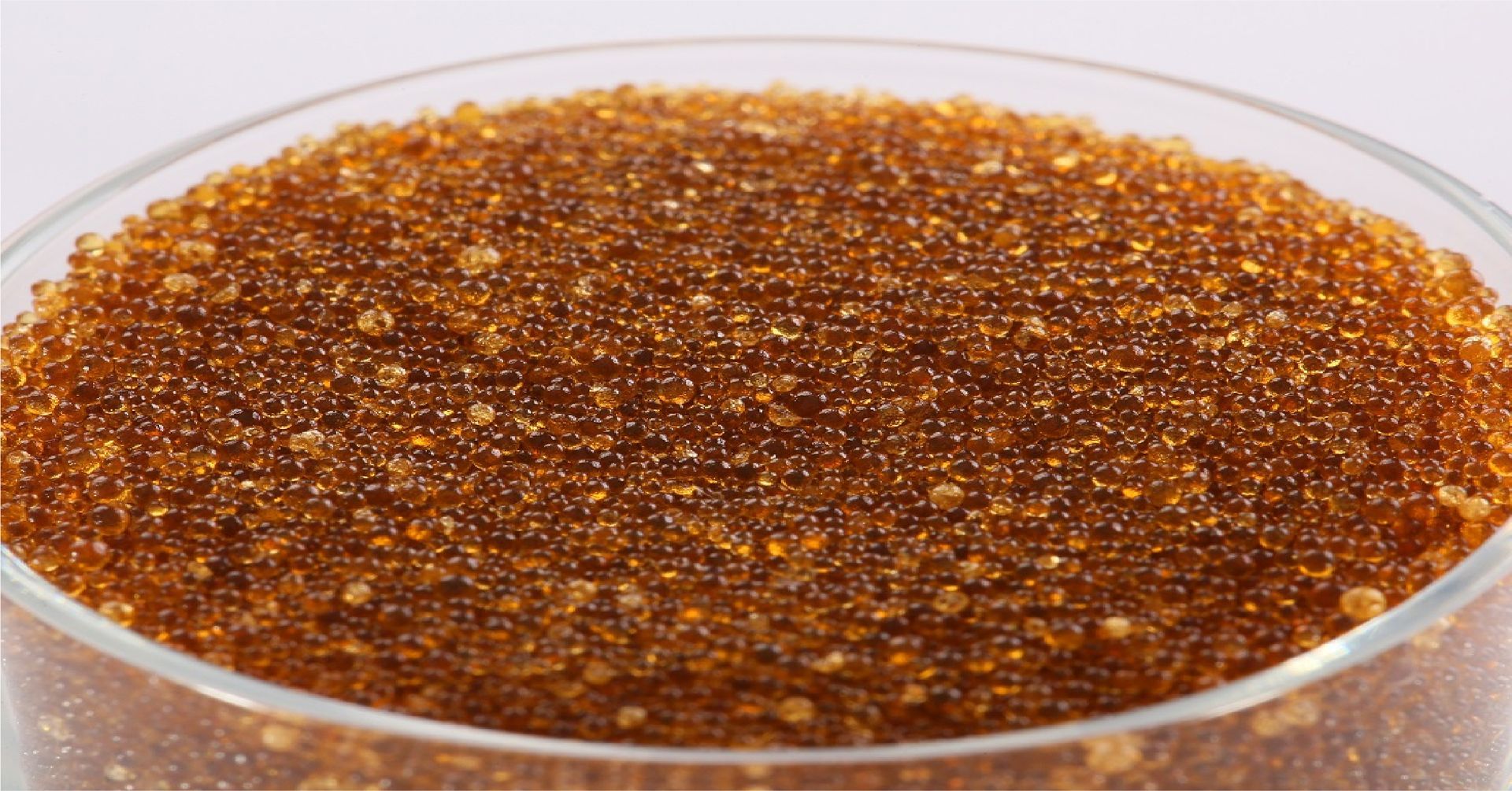The Industrial Case for Reverse Osmosis Water Filters in Australia
Meeting the Growing Demand for Clean, Reliable Water
Clean, pure, high-quality water has the power to transform business performance. Whether it’s driving innovation in manufacturing, ensuring safety in healthcare, or enhancing product quality in food production, water plays a central role in shaping outcomes across a wide range of industries.
As expectations for sustainability, efficiency, and regulatory compliance continue to rise, Australian businesses are seeking more advanced solutions for water management. Among these, reverse osmosis water filtration systems are becoming the preferred choice for companies that demand purity, reliability, and long-term value.
Reverse osmosis technology stands out for its ability to remove a wide spectrum of contaminants while supporting consistent, high-volume water usage. Its proven effectiveness makes it a powerful asset for industries where water quality directly impacts performance.
With more than two decades of experience, AP Water delivers tailored, high-performance reverse osmosis water filter solutions for commercial and industrial clients across Australia. By combining technical expertise with a deep understanding of industry needs, AP Water helps businesses take control of their water quality and future-proof their operations.
What is a Reverse Osmosis Water Filtration System?
A reverse osmosis (RO) water filtration system is a highly effective method of purifying water by removing contaminants at the molecular level. The process works by pushing water through a semi-permeable membrane using pressure. This membrane allows only pure water molecules to pass through, leaving behind unwanted substances such as dissolved salts, heavy metals, chemicals, and bacteria.
What sets RO apart from other water filtration methods is its precision. Unlike basic filters that trap only larger particles, reverse osmosis goes several steps further by targeting even microscopic impurities. The result is water that is not only clearer but also significantly purer, making it ideal for applications where quality and consistency matter.
In a commercial or industrial setting, this level of purification ensures that water meets strict standards for safety, hygiene, and performance. It also reduces the reliance on chemical treatments, helping businesses operate more sustainably.
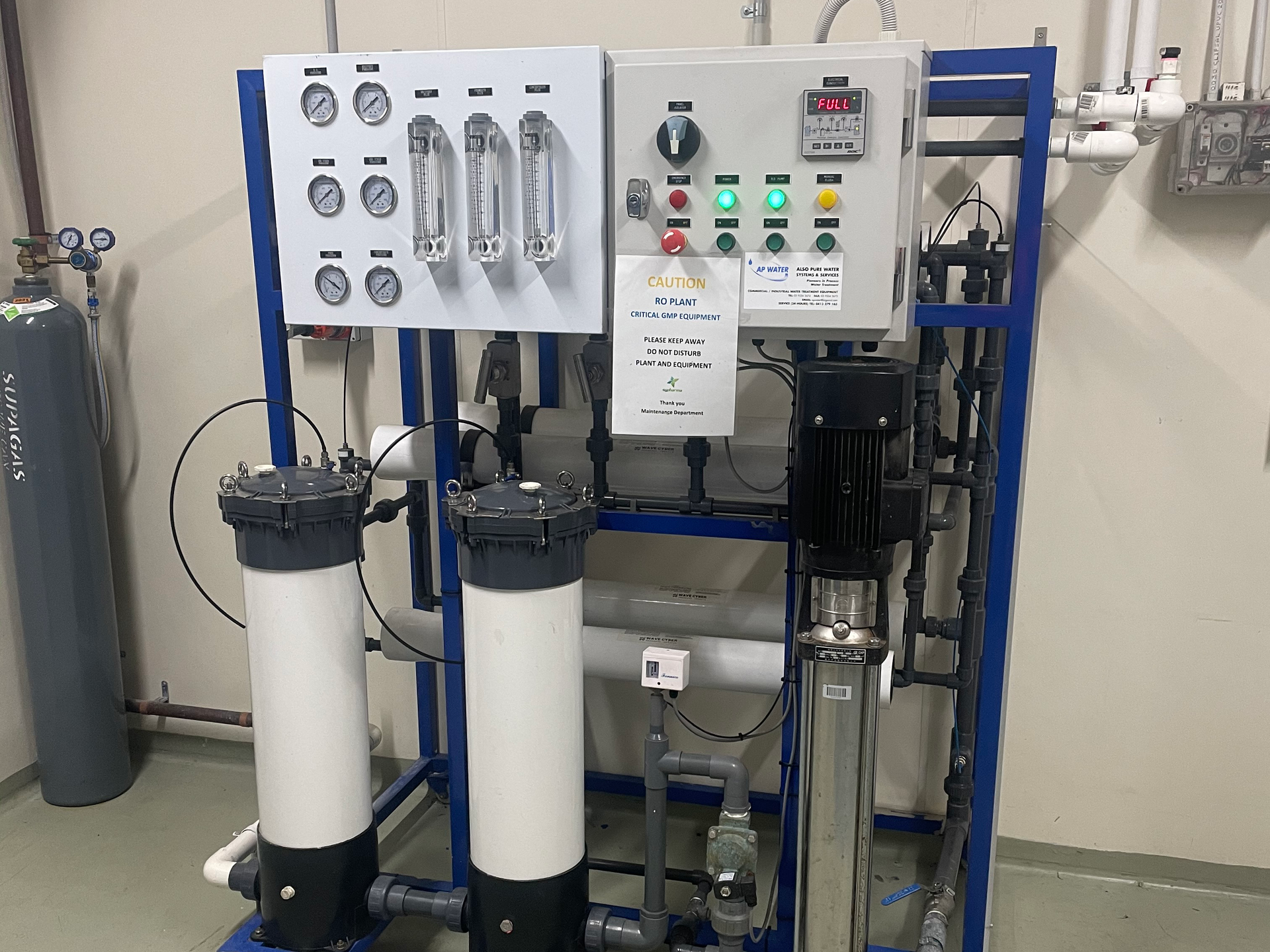
Why Reverse Osmosis is Ideal for Commercial and Industrial Use
Consistent Water Quality for Operational Reliability
Reverse osmosis systems provide a steady supply of purified water that meets high standards for safety, hygiene, and performance. This consistency is crucial for industries that depend on precise processes and quality control. By removing dissolved solids, contaminants, and microorganisms, RO systems help prevent issues like equipment scaling, fouling, and contamination.
Essential for Water-Intensive Industries
Industries such as food and beverage, healthcare, agriculture, hospitality, and manufacturing require large volumes of clean water for core processes. Reverse osmosis technology is especially beneficial in environments where even minor water impurities could affect product integrity, health standards, or regulatory compliance.
Real-World Use Case Examples
- Food and Beverage: Beverage producers use RO systems to ensure ingredient water meets strict taste and safety criteria. This consistency enhances product quality and consumer trust.
- Healthcare: Hospitals and clinics rely on RO systems to provide purified water for cleaning, sterilisation, and lab applications. This reduces the risk of infection and equipment damage.
- Agriculture: Reverse osmosis systems help growers manage water quality for irrigation and nutrient delivery. Cleaner water leads to better crop health, efficient fertiliser use, and improved yields.
- Manufacturing: In industries using cooling towers or process water, RO systems reduce scale buildup and corrosion, extending the life of equipment and improving process efficiency.
Long-Term Value and Efficiency
By investing in a commercial RO system, businesses can reduce maintenance costs, minimise the need for chemical treatments, and meet sustainability goals. The reliability and purity of reverse osmosis water supports both short-term productivity and long-term operational resilience.
Key Benefits of RO Filtration Systems
Removes a Wide Range of Contaminants
Reverse osmosis filtration is highly effective at eliminating a broad spectrum of impurities. These include dissolved salts, heavy metals like lead and arsenic, chemicals, chlorine, and microorganisms such as bacteria and viruses. This level of purification ensures water is suitable for sensitive processes and meets strict regulatory requirements.
Cost-Efficient Over Time
Although the initial investment in an RO system may be higher than basic filtration options, the long-term savings are substantial. With fewer breakdowns, reduced need for chemical additives, and improved process efficiency, businesses can lower their total operating costs. RO systems also help extend the lifespan of equipment that depends on clean water.
Enhances Process and Product Consistency
High-purity water improves consistency across industrial applications — whether it’s in food production, pharmaceuticals, or electronics manufacturing. By eliminating variables introduced by water quality, businesses can maintain tighter control over product outcomes and quality assurance standards.
Supports Sustainability and Environmental Goals
Reverse osmosis systems align well with sustainability objectives. By reducing the reliance on bottled water, minimising chemical usage, and improving resource efficiency, businesses can lower their environmental impact. Many RO systems are also designed with energy-saving features and can be integrated into broader sustainable water management strategies.
Applications Across Different Industries
Food and Beverage
Water is a primary ingredient in many food and beverage products, so its quality has a direct impact on flavour, safety, and shelf life. Reverse osmosis systems ensure that the water used for brewing, cooking, bottling, and cleaning is consistently pure and free from contaminants. This protects product integrity and supports compliance with food safety standards.
Healthcare
In hospitals, clinics, and laboratories, water must meet stringent purity requirements. RO systems are used for sterilisation, laboratory testing, equipment rinsing, and dialysis applications, where even trace contaminants can lead to serious complications. By providing high-grade water, reverse osmosis helps healthcare facilities reduce infection risks and maintain operational reliability.
Manufacturing
Many manufacturing processes depend on clean water for cooling systems, product formulation, or equipment cleaning. RO systems help prevent scaling and corrosion in machinery, reduce maintenance downtime, and improve the consistency of production outcomes. Industries such as electronics, textiles, and pharmaceuticals all benefit from reliable, high-purity water sources.
Agriculture
In agriculture, reverse osmosis water supports better irrigation outcomes by removing salts and impurities that can damage crops or soil. It also enables more precise nutrient delivery in hydroponic systems and greenhouse environments, enhancing crop yields and reducing fertiliser waste. RO systems are especially valuable in areas with poor-quality or saline water sources.
Hospitality
Hotels, resorts, and commercial kitchens use RO systems to provide clean drinking water, protect appliances from scale buildup, and enhance the guest experience. Purified water improves the performance and lifespan of dishwashers, ice machines, steamers, and coffee equipment, while also reducing the reliance on single-use bottled water.
Why Choose AP Water?
Tailored Solutions for Every Industry
At AP Water, no two systems are treated the same. Each reverse osmosis water filtration system is designed to meet the specific requirements of your industry, water quality, and operational goals. Whether you run a food processing plant, a healthcare facility, or a manufacturing operation, AP Water ensures your system is optimised for performance, reliability, and regulatory compliance.
Proven Expertise in Commercial and Industrial Filtration
With over 25 years of experience in commercial and industrial water filtration, AP Water brings unmatched technical knowledge and hands-on expertise to every project. The team understands the challenges faced by Australian businesses and delivers high-quality, locally-assembled RO systems that meet the highest standards.
Ongoing Support and Maintenance
Investing in a reverse osmosis system is just the beginning. AP Water provides comprehensive support, including system monitoring, preventative maintenance, and expert advice to ensure your filtration system continues to perform at its best. Clients benefit from responsive service, fast turnaround times, and a genuine commitment to long-term value.
Take Control of Your Water Quality
Clean, reliable water is no longer a luxury, it’s a necessity for commercial and industrial success. Whether you need to protect sensitive equipment, meet regulatory standards, or improve process consistency, a reverse osmosis water filter system can provide the solution.
By partnering with AP Water, your business gains access to expert advice, tailored system design, and long-term support that goes beyond installation. With decades of experience and a focus on sustainable, high-performance outcomes, AP Water is the trusted choice for commercial water filter solutions across Australia.
Looking to improve your water quality and operational efficiency? Get in touch with AP Water today on 03 9534 3674 or fill out our online contact form to discuss a custom reverse osmosis water filter designed for your specific needs.
Frequently Asked Questions
How does reverse osmosis differ from other filtration methods?
Unlike standard filters that remove only larger particles, reverse osmosis uses a semi-permeable membrane to remove dissolved solids, salts, chemicals, and microorganisms. It offers a much higher level of purification, making it ideal for industries that require consistent, high-quality water.
Is a reverse osmosis system suitable for large-scale operations?
Yes. Reverse osmosis systems can be designed to suit businesses of all sizes, including large-scale industrial applications. AP Water specialises in building custom systems that meet the demands of high-volume water usage without compromising on efficiency or quality.
What maintenance is required for an RO system?
Routine maintenance includes replacing pre-filters, checking pressure levels, cleaning membranes, and monitoring system performance. AP Water provides full maintenance and support services to ensure your system continues to operate efficiently.
How sustainable are reverse osmosis systems?
Reverse osmosis systems support sustainability by reducing reliance on bottled water, lowering chemical usage, and improving water use efficiency. Modern RO units are also designed to reduce energy consumption and minimise water waste.
Can AP Water customise a solution for my specific industry?
Absolutely. AP Water works closely with each client to assess water quality, usage patterns, and operational needs before designing a tailored reverse osmosis solution that aligns with industry standards and long-term goals.
